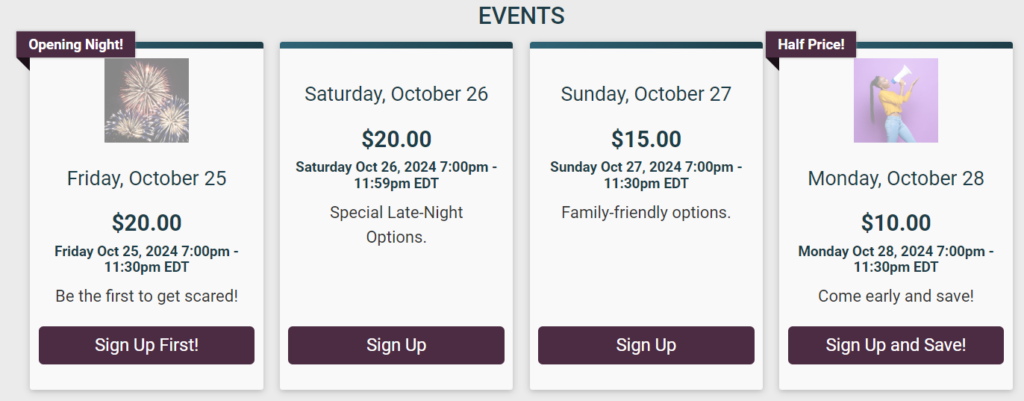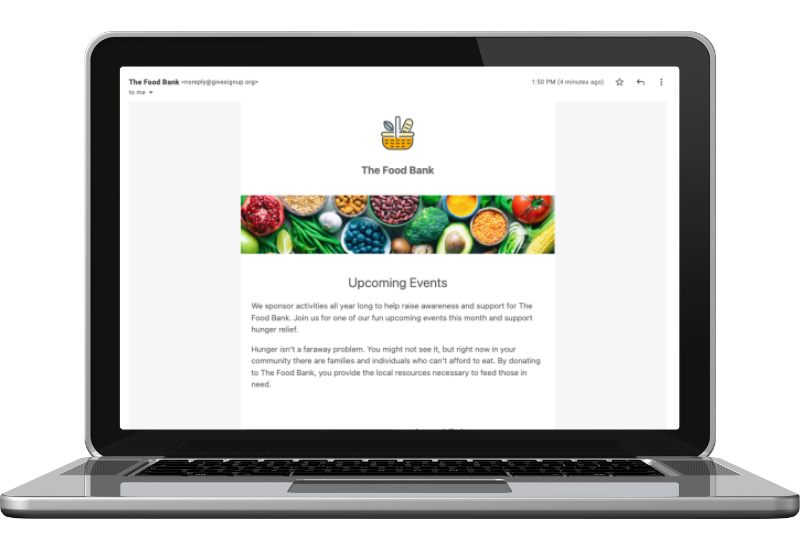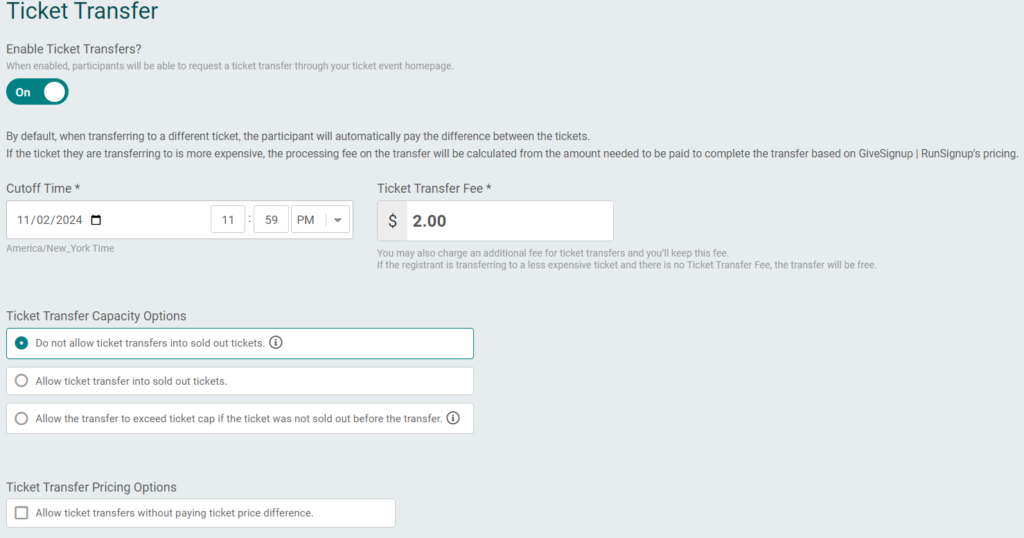It’s surprisingly common for us to talk to events that are unsure about using our platform – not because we lack features they need, but because they’ve never or rarely sold tickets online. Even today, when many people are always online, many agritourism events, community festivals, and local concerts still rely exclusively on sales at the door.
There are a few logistical reasons that on-site sales are challenging, such as a lengthier process to get people through the gate, less ability to plan and staff for crowded days, and an increased impact from inclement weather. But the reasons to go online go beyond that: selling tickets in advance can actually help ensure your attendees show up, change patterns of attendance, and improve your marketing capabilities for years to come.
Capitalize on Commitment
Paying for a ticket in advance requires a level of commitment and intention. It’s the same reason that no-show rates on free events are very high (estimated at 50%, compared to 10% for paid events) – when there’s money invested, people feel more of an obligation to follow through.
It’s easy for a group of friends to talk about theoretically checking out the fall festival at a nearby farm one day in the fall…and then never find that free weekend to do so. But if that same group of friends can pull up your website, pick a time to buy tickets to the corn maze and hayride, and commit to a date and time, they are much more likely to prioritize your event (and spend even more money on-site).
Alter Attendance Patterns
Frustrated by the rushes and lulls that leave your parking lots jammed on Saturday nights and your staff bored on Mondays? While there will always be ebbs and flows, you can use pricing and event caps with online sales to promote your quiet days and bring even out your traffic.
Examples:
- Price your off-prime tickets lower and customize your event tile display with a highlight banner to draw attention to the savings and encourage potential attendees to pick the quieter Monday night over the over-crowded Saturday night. Pricing isn’t the only way you can promote attendance on off-days, though – you can also use that highlight banner and the event details to promote a special charity night, advertise a thank-you gift for teachers who attend, or tease a special guest appearance.

2. You can always cap your available tickets, and show how few tickets are remaining on your purchasing page and create a sense of urgency. If you want to be a little tricky, you can display the number of tickets left only on the events you want to encourage purchasing, or even artificially adjust the cap to make quick action appear even more necessary (just don’t forget to adjust it back up!).


Email Marketing
Email marketing is one of the most effective marketing tools – and with TicketSignup’s free email, it’s free promotion. But email only works if you have a quality list of email addresses, and the highest quality list you can have is one of people who have attended your event in the past.
When people are purchasing tickets on-site, the focus is solely on getting them in as quickly as possible so they can enjoy the event, but attendees who are purchasing in advance are used to entering their email address to receive digital confirmation of their ticket.
A few ways you can put that email address to work:
- Promote next year’s event. Better yet, create a time-limited coupon code and send a link that auto-applies it to your list of last year’s attendees to make them feel special while incentivizing them to come back (and commit early).


Cross-promote other events. Have a Christmas light show, a 5K, and a weekly summer concert in addition to your fall festival? With Organization Email, it’s easy to access lists from all your events and use them to cross-promote additional events at your location, to the people you know already love you.

Create a Newsletter. Keep your fans up-to-date on everything happening at your site, including non-ticketed events like a Farmers Market, with a simple monthly newsletter.

While we know email gets results, you never want to inundate people with email marketing. Take advantage of the include/exclude options to target your emails and prevent oversaturating one person’s email.
Follow Up Post-Event
Technically, this is the same reason as above: online ticket-buying leads to emails in your database. But this time, the benefit is a little different: by connecting with your attendees after the event, you cement the memory of the experience. A good post-event email includes a link to photos, ways to connect with you online (such as social media or a newsletter subscription), and a thank you for attending. You may also want to include a post-event survey, or a coupon code for another upcoming event.
The free photo platform allows you to upload photos directly to your ticket event website, providing you with an opportunity to remind attendees how much fun they had with you and encouraging them to download and share photos. The best part? Every photo shared is another free advertisement for your event.

You Can Still Allow Flexibility
Selling tickets online does not mean your attendees have to be screwed if the weather doesn’t cooperate or the babysitter gets sick. You can opt to allow Ticket Transfers, letting attendees change their ticket to a more suitable time if their plans change. With ticket transfer, you can choose whether or not to allow the transfer if the new event they are picking is sold out, and whether you want them to pay the difference if they are transferring to a more expensive ticket. Additionally, you can choose if you want to a add an additional transfer fee.

It Doesn’t Have to be On-Site OR Online
If you have a regular audience who is accustomed to and happy with on-site sales, you don’t have to switch to online ticket sales – you can simply add online ticket sales. You’ll keep your standard procrastinators happy, while building a little structure and co
